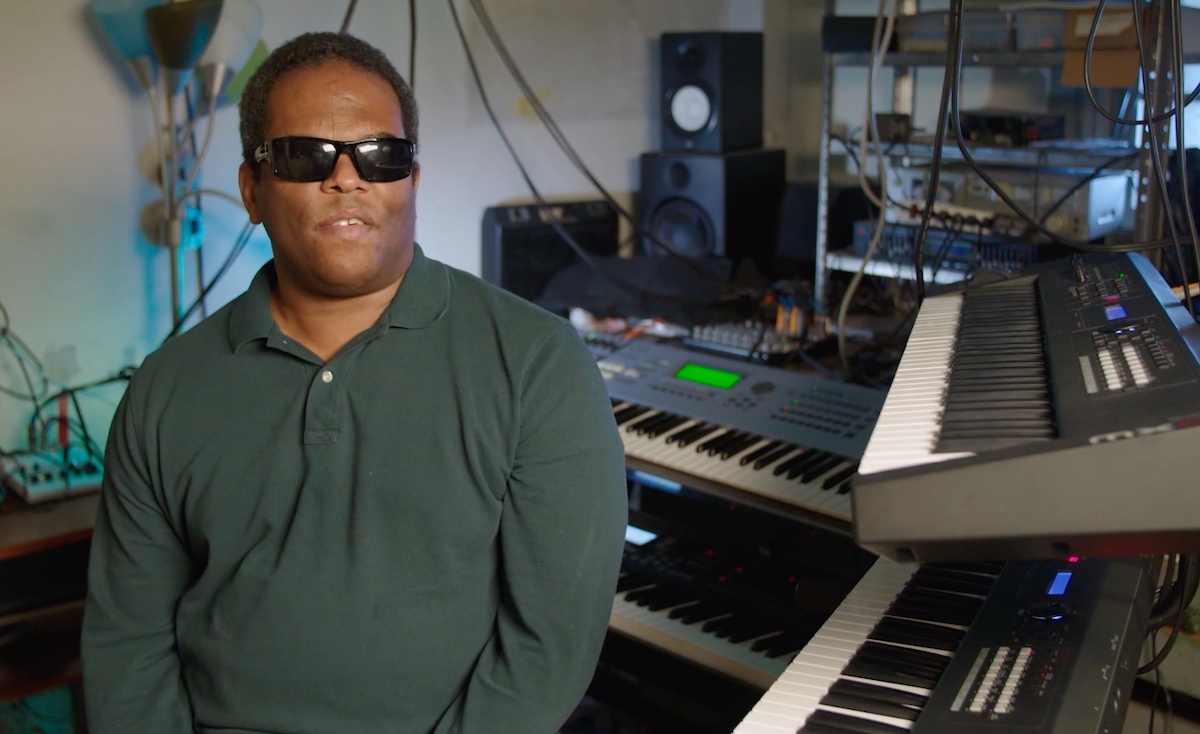When producer Thomas Smith stopped working as a computer programmer a few years ago to pursue a full-time career in music, he needed technology that would allow him to work as a blind man.
“When you’re disabled, this technology is all expensive,” he told Technical.ly. “[It’s] not easy to come by.”
A loan from the King of Prussia-based Pennsylvania Assistive Technology Foundation (PATF) helped the Philly native to purchase the equipment that he needed, and to hire a sighted producer. As a community development financial institutions (CDFI), PAFT offers people with disabilities loans at very low rates. The goal is to help them access the equipment necessary to have more stable lives.
“As a blind person I may need a braille reader that costs between $500 and $5,000,” he said. “Technical equipment for the blind is expensive. Those of us that are working are fortunate, but those that aren’t working are on fixed incomes. That’s hard.”
Assistive technology can be anything that helps people with disabilities ranging from a fence in the backyard of a child with autism to visual aides for people with low vision, according to PATF CEO Susan Tachau.
“We’re trying to help people be empowered and figure out what works for them,” she said.
PAFT operates from a unique vantage point in Pennsylvania in that it is the only CDFI in the Commonwealth that lends primarily to people with disabilities. Clients determine what tools will help them, and their costs, and then they will be extended a loan at 0% interest (for loans up to $7,000) and zero fees. This ease in qualifications is designed to help borrowers with tight budgets meet their needs without, say, needing to spend their mortgage payments on technology and risking housing insecurity. As the loans get paid back, the information is reported to credit bureaus. A financial education component in collaboration with Philadelphia’s Clarifi helps PAFT teach its borrowers basic principles of healthy money management.
PAFT Communications Director Susan Daily said the pandemic has increased the need for financial options for its clients. During the past year, rescue payments to clients were extended from three to six months. An expansion in its loan program led to a 150% increase in clients, and she has also noticed an uptick in use of adapted vehicles as people have shifted away from using public transportation to get to appointments.
Tachau said one of the biggest ways PATF has changed the work it does with clients has been using DocuSign.
“Oftentimes, you have to get something notarized,” she said. “We use DocuSign, [which] means we can send you something and you can go where you want, because some people don’t have computers, instead of you having to go to a notary.”
A grant from The Philadelphia Foundation helped PAFT’s clients cover all small dollar loan payments for the month of November so that they could more easily prepare for the winter.
“The choices people are having to make are unimaginable,” Tachau said.
In addition to being someone who has directly benefitted from PATF’s assistance, Smith is a member of PAFT’s Generic Smart Home Technology Project Advisory Board, where he works to help other people with disabilities find optimum solutions in assistive technology. As a blind man who advocates for other blind people, he researches different assistive technology solutions and finds cost effective ways for the people he serves to receive them. He wants to pay the work forward that PATF did in helping him thrive.
“I’m not a [music mogul like] Berry Gordy, but this is what I want to do,” he said. “They got me a very low-interest loan for the technical software and hardware I needed to get my job done.”







